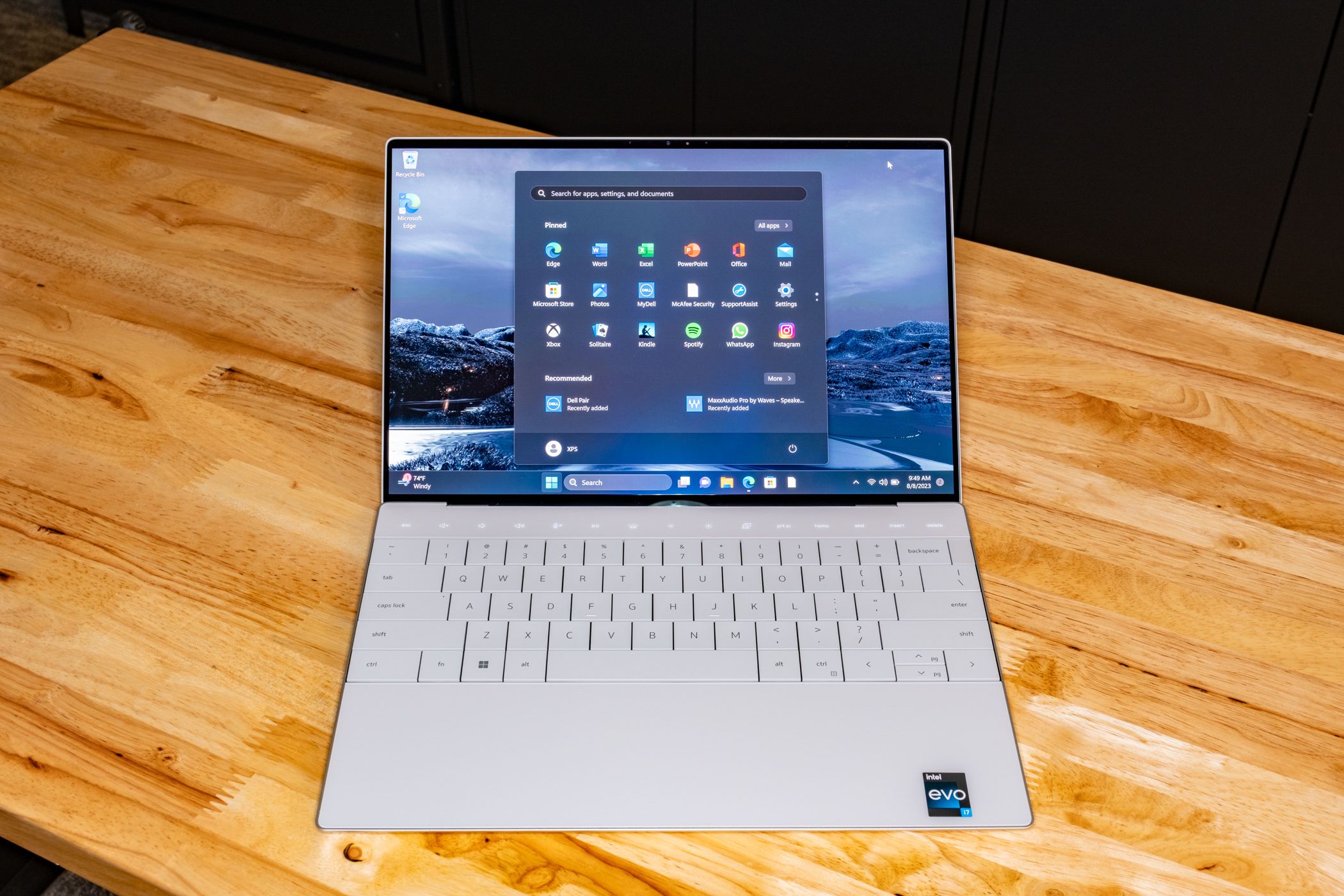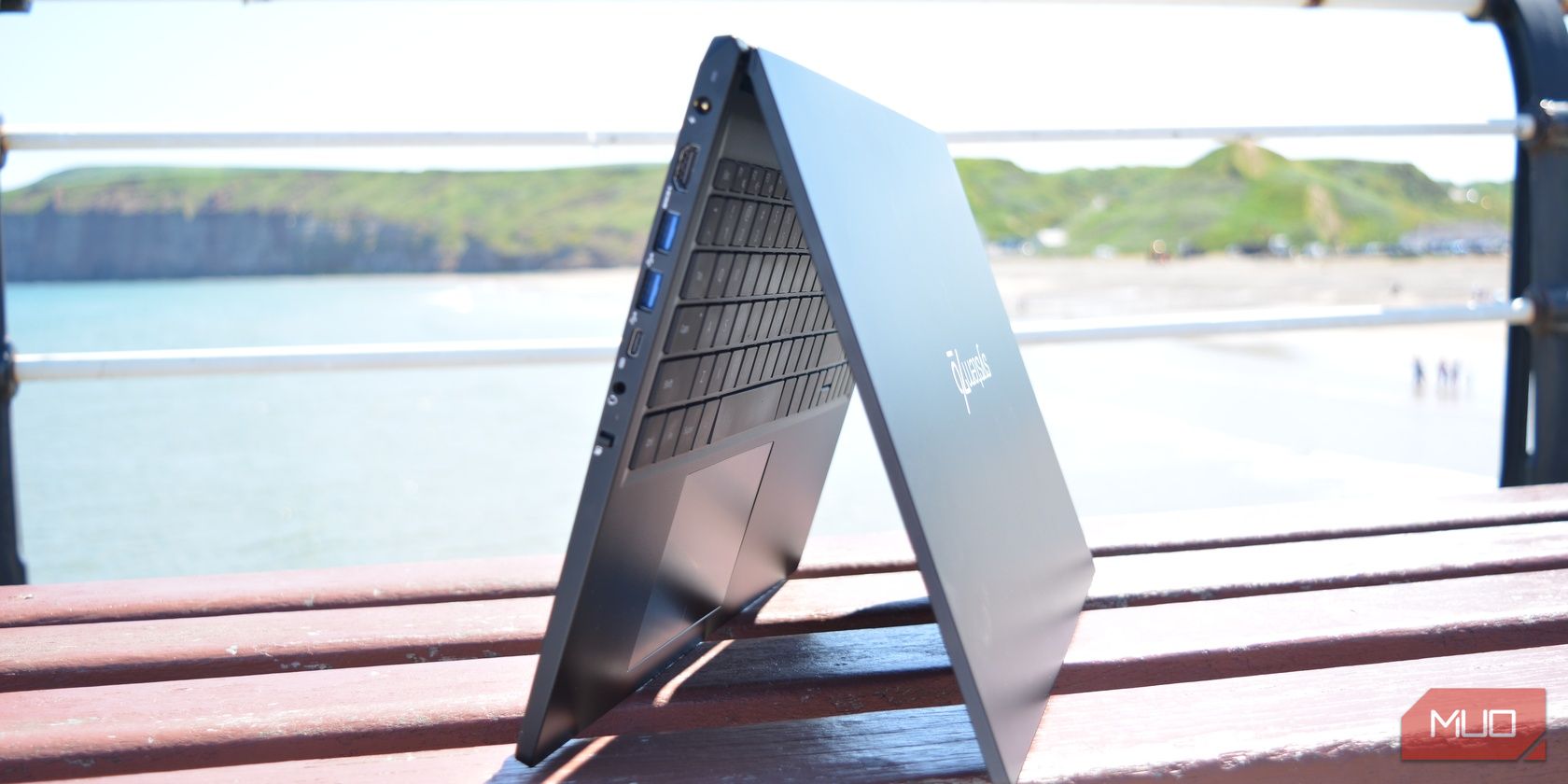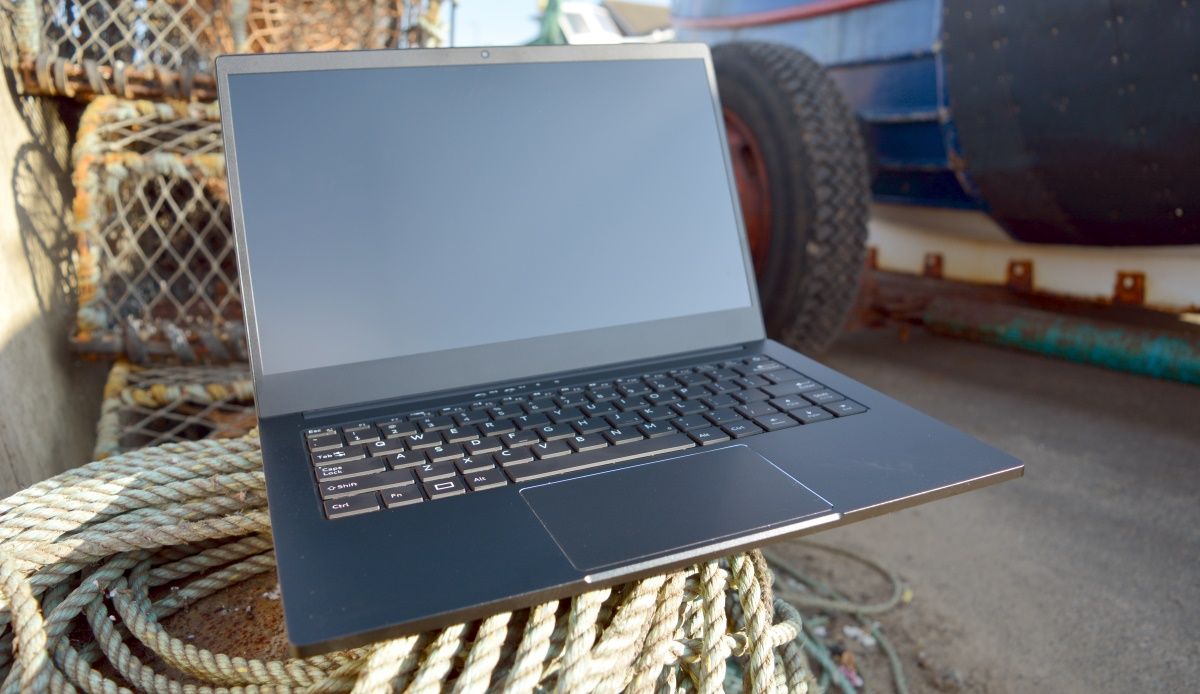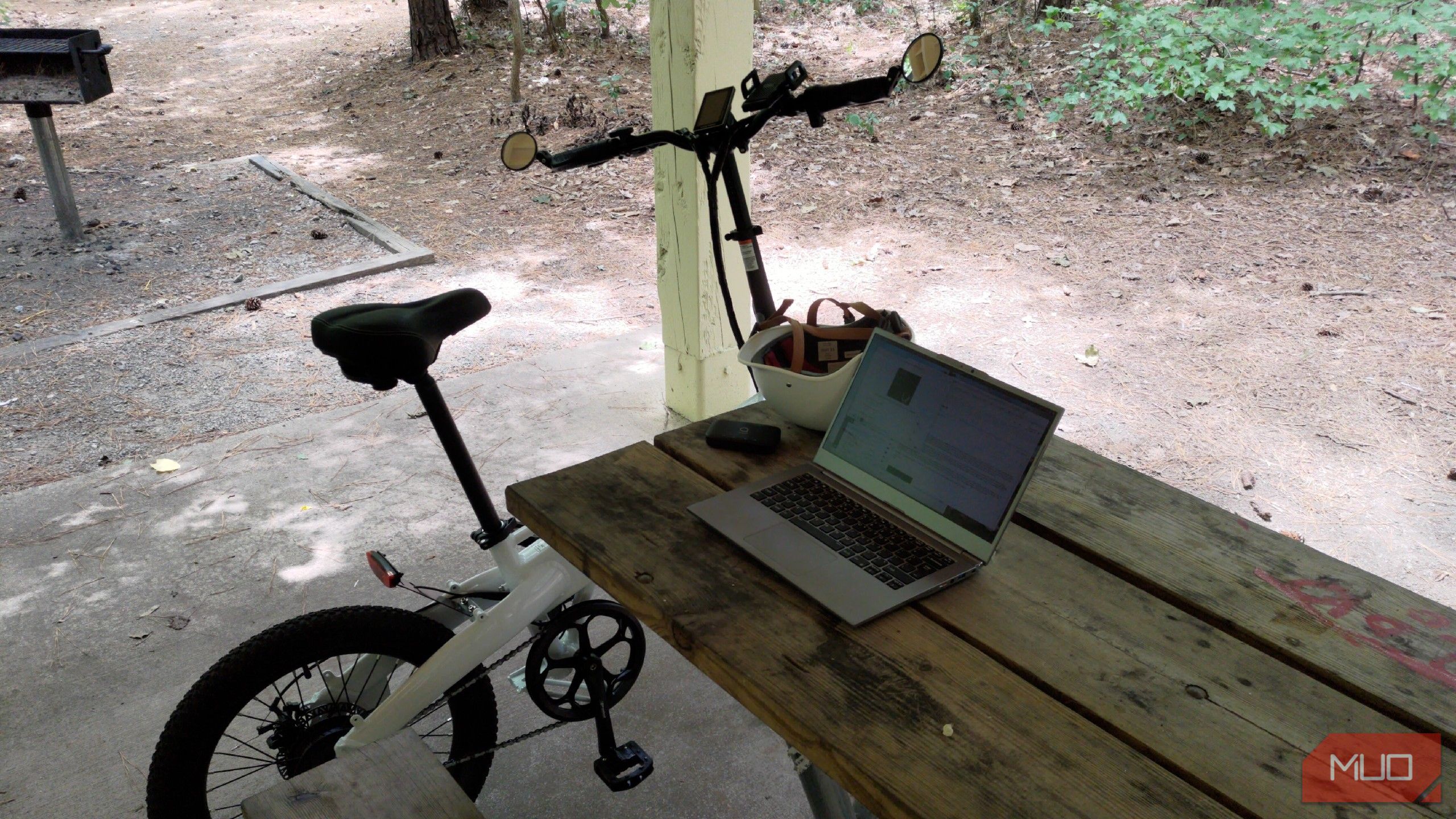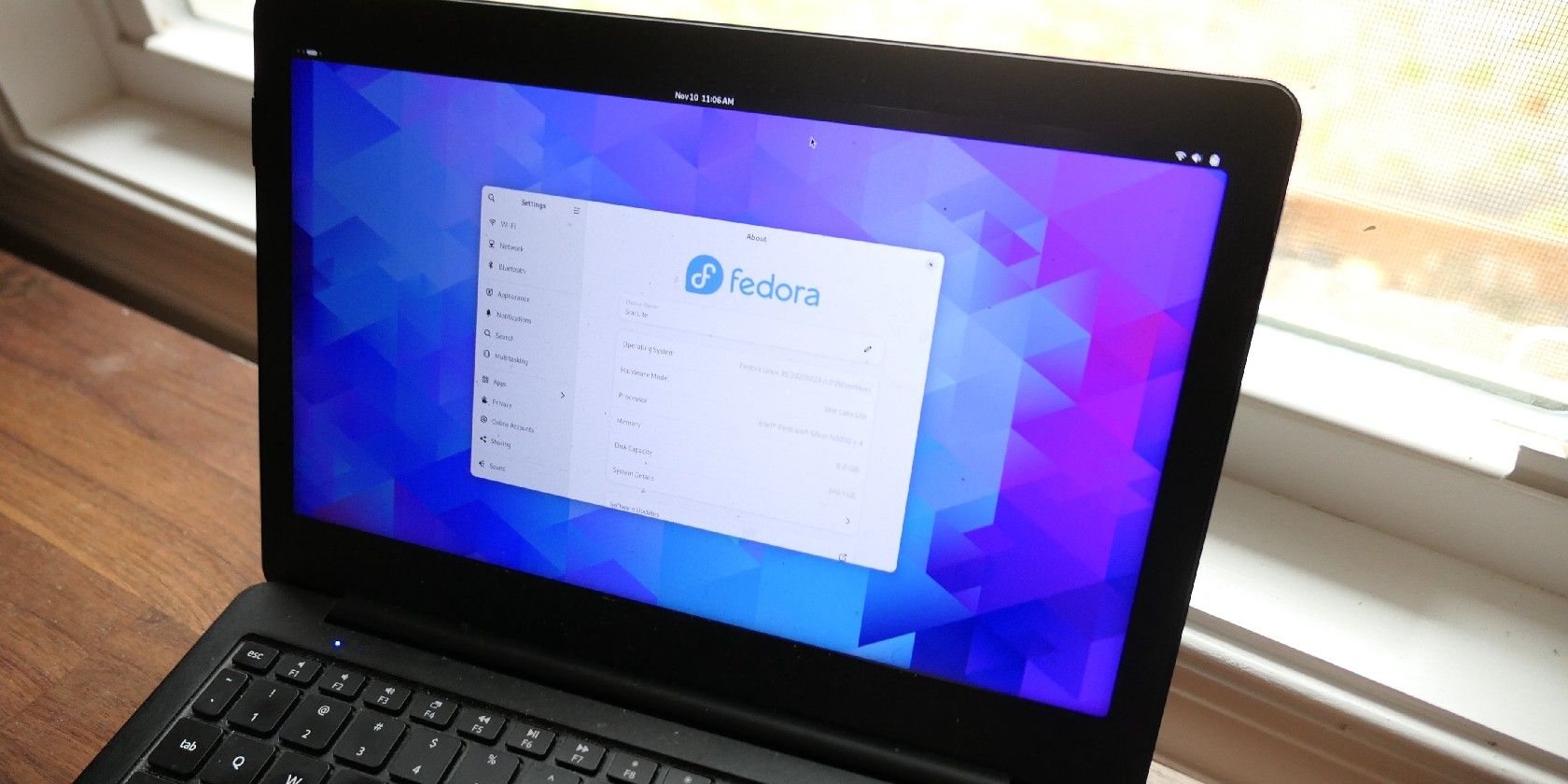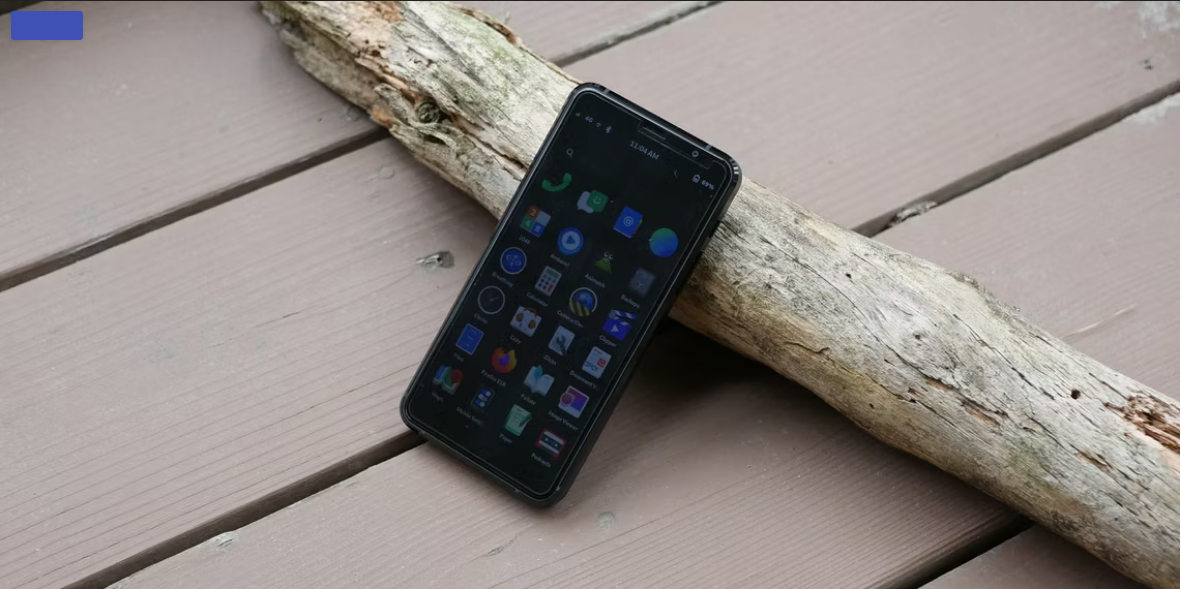It’s been many years since I last ordered a laptop from a big-box store. Instead, I go out of my way to find laptops that ship with privacy included out of the box. And no, these aren’t MacBooks.
The Problem With Mainstream Laptops
Most laptops ship with one of three operating systems: Microsoft Windows, Apple’s macOS, or Google’s ChromeOS.
These three options offer varying degrees of privacy, but none of them are truly private. ChromeOS encourages you to do most of your computing in the cloud, where all your activity can be tracked. And in addition to tracking, Microsoft goes out of its way to inject ads into your desktop.
Apple is the best of the three, but even with macOS, you have to pay careful attention to the default settings. Unless you enable encryption, Apple has the ability to access any file you save to iCloud.
There Are Other Options Available
For a truly private computer, you want something that comes with a free and open source operating system. Linux is the most popular one, and it’s what I’ve sought out on every laptop I’ve bought for over 10 years.
Most people who use Linux opt to install it on their existing hardware. This is the most affordable option, and it’s one of the beauties of Linux. Still, over the years I’ve opted to buy several laptops with Linux already installed.
On a Linux computer, you’re granted ownership of the code on your machine. You also don’t need to sign into any online accounts to start using your computer or download programs from one of the various Linux app stores.
These Are the Laptops I Bought
My first Linux laptop came from System76, a company based in Denver, Colorado. I’m not entirely sure anymore which model I owned, since this was around a decade ago, but it looked a lot like the Gazelle we reviewed in 2012.
Years later, my second Linux laptop came from Purism—a computer that explicitly hyped up its privacy credentials. These machines ship with PureOS, one of the few distributions endorsed by the Free Software Foundation for containing 100% free code.
I bought the company’s 13-inch laptop, the Librem 13. At the time, these computers were unique for having kill switches that cut power to the microphone, internet, and webcam, preventing tracking from all but the most sophisticated and determined attackers. I don’t have a photo of mine, but here’s one from our review of the slightly larger Librem 14.
Next, I tried a simple 14-inch Clevo laptop from Laptop with Linux. Yes, that’s the actual name of the website I bought this computer from. Laptop with Linux supplies computers free of any branding, and that’s something I loved—enough that I was willing to carry a laptop that was the very definition of generic. Here it is next to my Lectric ebike in 2022.
The tiny Star Labs StarLite Mk IV was my most recent purchase. Like the Purism 13, it had the distinction of being a custom-built machine rather than one made from off-the-shelf pre-existing laptop models. I opted to install Fedora Linux on mine. For me, Fedora was the new Ubuntu.
Did I Regret Getting Any of These Laptops?
Buying a Linux PC guarantees that it will work just fine with Linux. Even if I erase the default Linux OS, I can install a different one with near certainty that it will work. Buying a computer that comes with Linux also tosses money toward companies that are invested in the Linux ecosystem.
Yet since Linux laptops are so niche, they cost a premium. A Linux laptop will almost always cost more than a similar machine from multinational brands like Dell or ASUS.
The Purism Librem 13 was the only Linux PC I regretted. This was a laptop that cost more than a MacBook Pro, but couldn’t compete on performance or battery life. I liked the laptop’s metal frame and sleek black build, but the hinge cracked in under two years (and Purism wouldn’t replace it, even if I paid). After a mere year and a half with one of the most expensive laptops I had ever bought, I was forced to buy a new one.
I have not bought another Librem laptop, and I haven’t purchased another Purism product since. But I did receive and daily drive a Librem 5 sometime after that (which I had pre-ordered many years before).
Ultimately, How Private Was I?
These laptops improve your privacy, but they’re only as private as your personal choices allow. If you buy one of these machines but immediately install Google Chrome and sign into a Google account, you’re still providing Google (and every other site) with the same amount of information you would give them as a Windows user. Buying a Linux laptop doesn’t make you invisible.
But the privacy Linux offers is tangible. You can install whatever apps you want without anyone having a record. The privacy is such that Linux projects have a hard time estimating their number of users, since the OS and apps alike don’t require user accounts and usually don’t ship with any telemetry. With a Linux PC, until you open a web browser, what you do on your computer is private.

